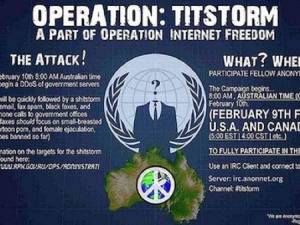We sit in front of the television every most Monday evenings, cursing and celebrating in equal measure, the opinions stated by the panellists sitting on either side of Tony Jones.
"Oh what!" we yell, out aloud and on twitter.
We all think we would have the perfect answer to the questions being asked too ;)
Well on Monday, I have the scary honour of being one of those very panellists on the firing line and by gosh, with the election just called, it's going to be a fun evening indeed!
I'll also be heading into the studio early to be talking to the Australia Network on the new animation, the Burka Avenger...

I think the idea of the Burka Avenger is fantastic, but it is a little too early to call.
Burka Avenger is a Pakistani animated television series airing on Geo Tez. Created and directed by pop star Haroon and produced at Unicorn Black production studios, the show features Jiya, a mild-mannered teacher with secret martial arts skills who uses a flowing black burka to hide her identity as she fights local thugs. The Urdu language series first aired on July 28, 2013. [wiki]
The program seems to tick the initial acceptability boxes; written by a member of the community, it is clearly coming from within and is relatable. Programs that cultivate and encourage creativity and artistry are in dire need as well, so that is a plus.
Furthermore, the aim of the program seems to be to encourage education as the superhero uses only books and pens as her weapons. Encouraging education, particularly in the areas this Urdu-language program is targeted to laudable and required.
What will be important is whether or not this actually works in the community. Will it be watched by young people and change their perceptions? More importantly, will their parents allow them to watch and be educated by it? It will most definitely create controversy: given the attire of the 'villains' (very 'traditional', even 'Taliban' looking...) and the use of the Burka as a disguise rather than as a traditional religious garment used for modesty (and in some cases, for oppression, but that's another kettle of fish). I think the fact that this program will create conversation though is a boon in of itself...
So let's wait and see on this one. I think it is a positive, but the jury is still out on the effectiveness on the outcome - and we judge by the outcome in this world, do we not?
***
So what about you? Ever wanted to be on the panel? What would you like to talk about? What are your thoughts on le Burka Avenger?





















